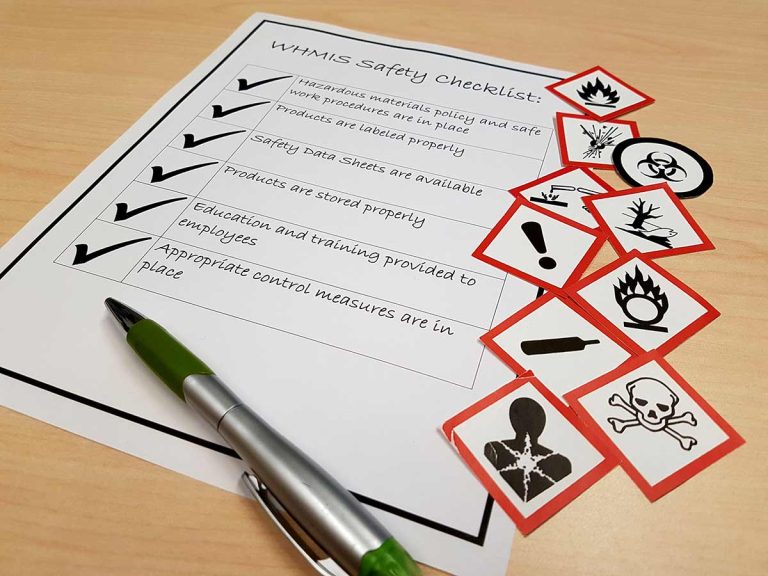How To Get a Job and Make More Money in 8 Easy Steps
Finding a job can be difficult sometimes, but if you follow the 8-step process listed below, you will be well on your way to a great career and making more money.
1. Write down what kind of job(s) you are looking for and in what industry
For example, are you seeking a job in construction, manufacturing, retail, information technology, medical, or the financial industry?
It helps to be flexible, so list any work areas that would suit you.
Be realistic, though; for example, you are not likely to get a job as an electrical engineer if you have had no training or experience.
Be realistic, though; for example, you are not likely to get a job as an electrical engineer if you have had no training or experience.
2. Start working on your resume
Almost every position will require you to submit a resume. Don’t worry about formatting at this stage. Write down any training, experience and skills that you have that apply to the main jobs you listed in part 1. For example, WHMIS training, basic occupational health and safety awareness training, bookkeeping experience or drywall finishing.
Many companies can help you build a great-looking resume, but we are not there yet. This will be discussed later.
3. Look online and in local newspapers for jobs similar to what you are looking for
Write down the requirements they are asking for that you already have and those you will have to obtain.
Several sites to find job opportunities are listed below. We didn’t list the websites for every provincial job bank, but it will be easy to find the site for the province you are in if it is not listed below. Some websites allow you to sign up to get an email every day with the latest jobs that meet your requirements.
For students
https://www.canada.ca/en/services/jobs/opportunities/student.html
Government of Canada Job Bank
https://www.canada.ca/en/services/jobs/opportunities/student.html
Jobs and Employment Alberta
https://www.alberta.ca/jobs-and-employment.aspx
British Columbia – WorkBC
https://www.workbc.ca/
New Brunswick Jobs
https://www.nbjobs.ca/
Employment Ontario
https://www.ontario.ca/page/employment-ontario
Québec Emploi – Online Employment Service
https://www.quebec.ca/en/employment/job-offers/available-job-offers/quebec-emploi-online-employment-service
Indeed is the #1 job site in the world
https://ca.indeed.com/
LinkedIn is the world’s largest professional network on the internet.
https://www.linkedin.com/
4. Communicate with your friends, relatives and former colleagues and let them know you’re looking for a job
You may receive referrals to open positions or valuable advice for your job search. It may be hard to admit you are unemployed, but most people have been out of a job at least once and will be eager to help you. Next, it is time to revisit your resume.
5. Finish up your resume
Most of the government sites above have advice on building an effective resume. Many private companies will help you make your resume. It may be worth paying for a service to help you produce a great resume. Have several people review your resume to ensure it has no errors and make you look good. It is important to remember that you have to emphasize what value you will bring to the company.
Some useful websites follow below.
Government of Canada Resume Builder
https://www.jobbank.gc.ca/findajob/resume-builder
Ministry of Government and Consumer Services https://www.gojobs.gov.on.ca/Docs/OPSCoverLetterandResumeWritingGuide.pdf
CNET Best Resume Builder
https://www.cnet.com/tech/services-and-software/best-resume-builder/
6. Build a cover letter
Write a cover letter and then customize it for each job you apply for. You are trying to sell the company on you. The cover letter should highlight the education, skills and experience that you have that is listed in the job description and explain why you would be great at the job. Make sure the cover letter includes the three things listed below.
- How your experience meets job requirements.
- How your work skills meet job requirements.
- Why you want to work at the organization.
Many different websites have information on cover letters. Some are listed below.
Balance Careers
https://www.thebalancecareers.com/what-to-include-in-a-cover-letter-for-a-job-2060315
Glassdoor
https://www.glassdoor.com/blog/guide/how-to-write-a-cover-letter/
Youth Central Australia
https://www.youthcentral.vic.gov.au/jobs-and-careers/applying-for-a-job/what-is-a-cover-letter/how-to-write-a-cover-letter
Harvard Business Review
https://hbr.org/2014/02/how-to-write-a-cover-letter
7. Continuously work at getting the job
Keep researching jobs using the websites listed in step 3 and send out applications all day, every day. It’s common for people to send many resumes and cover letters to different places before being invited for a job interview. Look for volunteer opportunities that will help get you the experience you need. Please don’t get discouraged when your dream job doesn’t come through immediately. Keep working at it. The opportunity will come.
8. Get ready for the interview
Most companies will have a phone interview and then at least one in-person interview. If you get this far, you have a good chance at the job. Being well-prepared will increase your chances substantially. Since the interview is so important, we will be discussing this in an upcoming post.
Please let us know your tricks or tips for getting a job in the comments below.




Thank. For information.